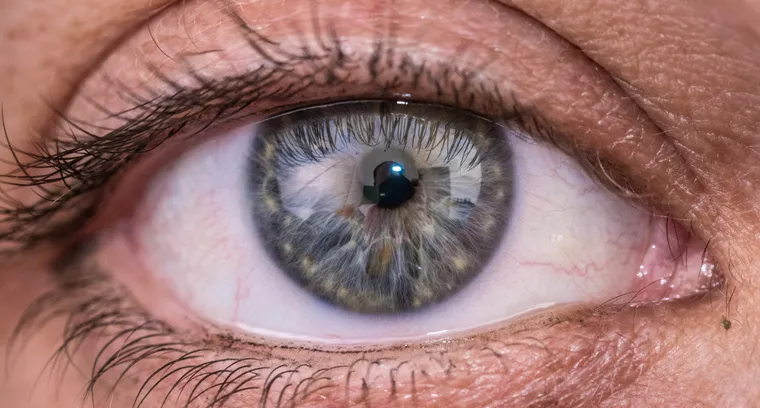Macular degeneration, particularly age-related macular degeneration (AMD), has long been seen as an inevitable consequence of aging. Affecting millions globally, this progressive eye disease damages the macula, the part of the retina responsible for central vision. While once considered irreversible, emerging research and innovative treatments now offer the potential not just to halt, but in some cases, to reverse its effects.
Recent advances in regenerative medicine, nutrition, and lifestyle management are shedding light on new possibilities for macular health. Cutting-edge therapies like stem cell transplants, retinal implants, and targeted drug therapies have revolutionized treatment approaches. Alongside these, holistic interventions focusing on diet, supplements, and environmental modifications are also helping patients reclaim better visual function and quality of life.
Understanding Macular Degeneration
Macular degeneration typically comes in two forms: dry and wet. Dry AMD, the more common form, is characterized by gradual thinning of the macula and accumulation of drusen (tiny protein deposits). Wet AMD, though less common, is more severe, involving abnormal blood vessel growth under the retina. Both forms progressively impair the ability to see fine details, recognize faces, or read.
Risk factors include aging, genetics, smoking, obesity, and cardiovascular disease. Early signs can be subtle—blurred vision, difficulty adapting to low light, or seeing straight lines as wavy. Therefore, regular eye exams are crucial for early detection and intervention.
Innovative Treatment Options
Until recently, treatment for dry AMD was limited to slowing progression through vitamins and lifestyle changes. However, groundbreaking therapies are now emerging. Stem cell therapy, for example, aims to replace damaged retinal cells with healthy ones derived from stem cells, restoring functionality. Clinical trials have shown encouraging results, suggesting potential for visual improvement.
For wet AMD, anti-VEGF (vascular endothelial growth factor) injections remain the standard of care. These medications inhibit the growth of abnormal blood vessels, stabilizing or improving vision in many patients. Newer, longer-lasting drugs and delivery systems are being developed to reduce treatment burden and enhance outcomes.
Natural and Lifestyle Approaches
While advanced medical treatments are critical, natural approaches play a supportive role in reversing or managing macular degeneration. A diet rich in antioxidants, especially lutein and zeaxanthin found in leafy greens like spinach and kale, supports macular health. Omega-3 fatty acids, prevalent in fish, also contribute to retinal integrity and function.
Avoiding smoking, maintaining a healthy weight, controlling blood pressure, and protecting eyes from UV exposure are vital preventive strategies. Supplements specifically formulated for eye health, such as those recommended by the AREDS2 study (Age-Related Eye Disease Study 2), have demonstrated efficacy in slowing AMD progression. Emerging evidence even suggests that a Mediterranean diet may reduce AMD risk and progression.
Future Directions and Hope
Research into reversing macular degeneration is advancing rapidly. Novel treatments such as retinal prosthetics—tiny implants that mimic the retina’s function—are offering unprecedented hope to those with severe vision loss. Meanwhile, scientists are exploring CRISPR gene-editing technologies to directly correct mutations causing AMD, potentially offering a permanent cure.
Artificial intelligence (AI) is also playing a growing role, with predictive tools enabling earlier diagnosis and personalized treatment strategies. With these technological and scientific breakthroughs, what was once considered an irreversible condition may soon become a manageable, even reversible, aspect of aging.
Conclusion
Though macular degeneration remains a challenging condition, the future has never looked brighter for those affected. With advancements ranging from stem cell therapy to lifestyle optimization, there is real hope for reversing or significantly mitigating vision loss. Early diagnosis, proactive management, and access to innovative therapies can empower individuals to maintain, and even restore, their precious sight. As science continues to break barriers, the dream of overcoming macular degeneration is becoming a reality.

